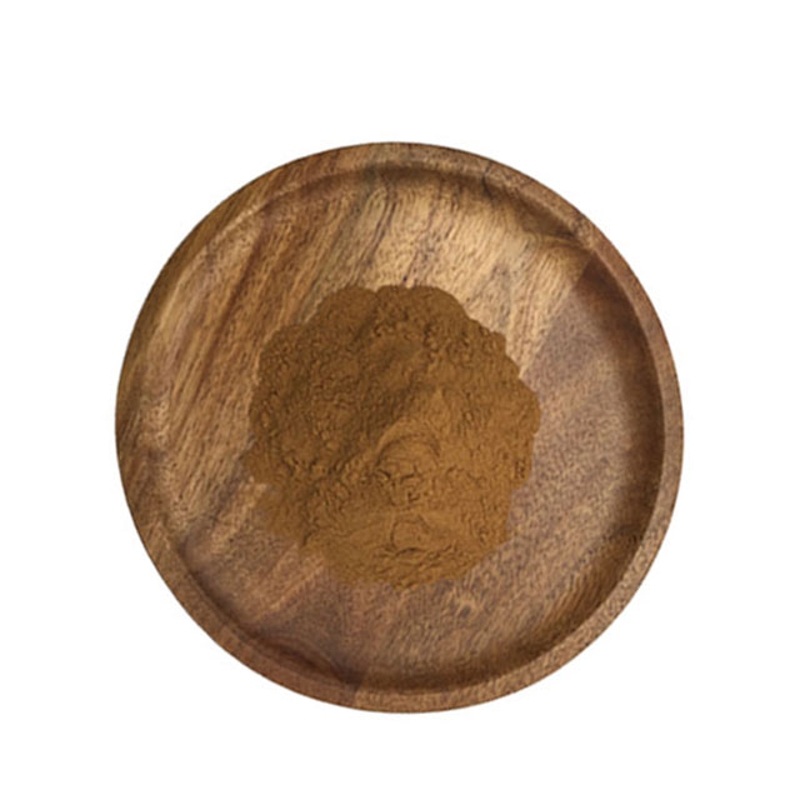-
Categories
-
Pharmaceutical Intermediates
-
Active Pharmaceutical Ingredients
-
Food Additives
- Industrial Coatings
- Agrochemicals
- Dyes and Pigments
- Surfactant
- Flavors and Fragrances
- Chemical Reagents
- Catalyst and Auxiliary
- Natural Products
- Inorganic Chemistry
-
Organic Chemistry
-
Biochemical Engineering
- Analytical Chemistry
- Cosmetic Ingredient
-
Pharmaceutical Intermediates
Promotion
ECHEMI Mall
Wholesale
Weekly Price
Exhibition
News
-
Trade Service
Under strong host immune surveillance, tumor growth and metastasis are a sign of cancer
immunity
Researchers have described an alternative promoter pairA new mechanism for immunoediting of gastric cancer (or gastric adenocarcinoma (STAD))
The use of alternate promoters for gastric cancer can generate different 5'untranslated regions and first exons, which can increase the diversity of mRNA and protein isoforms.
Quite a few STADs can use alternate promoters on highly expressed genes to produce 5'truncated protein isoforms, which lack immunogenic N-terminal peptides.
Therefore, the epigenomic changes in cancer interact with the immune microenvironment to determine the evolution of the tumor and the response to treatment
The researchers used a new bioinformatics algorithm (proActiv) to quantify the alternate promoter burden (APB), inferred promoter activity from short-read RNA sequencing, and divided the samples into three groups: APBhigh, APBint, and APBlow
Single-cell RNA-Seq of gastric cancer and its relationship with APB and tumor microenvironment
Single-cell RNA-Seq of gastric cancer and its relationship with APB and tumor microenvironmentThe results showed that gastric cancer tumors with high APB showed a decrease in the level of cytolytic activity of T cells and showed characteristics of immune depletion
Gastric cancer tumors with high APB show a decrease in the cytolytic activity level of T cells and exhibit characteristics of immune depletion
Using "humanized mice" with an active human immune system for in vivo functional studies, the researchers also found that there is a clear temporal relationship between APB and tumor growth, and tumors with high APB have almost no human T cell infiltration
Tumors with high APB have almost no human T cell infiltration Tumors with high APB have almost no human T cell infiltration
In addition, the immune therapy of digestive analysis tract cancer patients demonstrated high APB tumors are resistant to suppress the immune checkpoint
Tumors with high digestive APB are resistant to immune checkpoint suppression .
Original source:
Original source:Raghav Sundar et al.
Raghav Sundar et al.
Leave a message here







